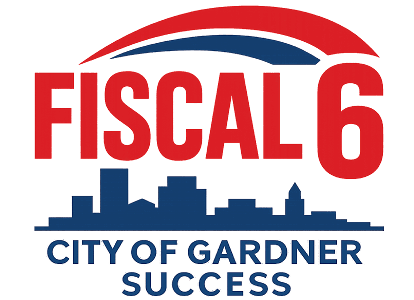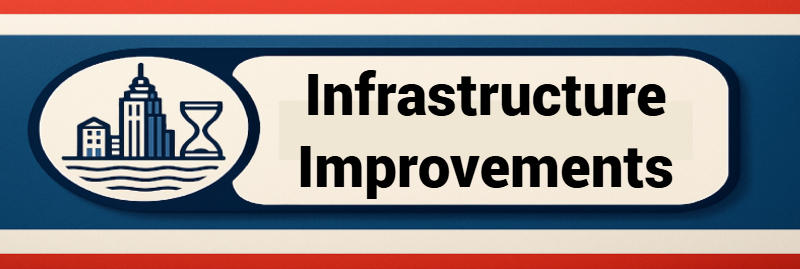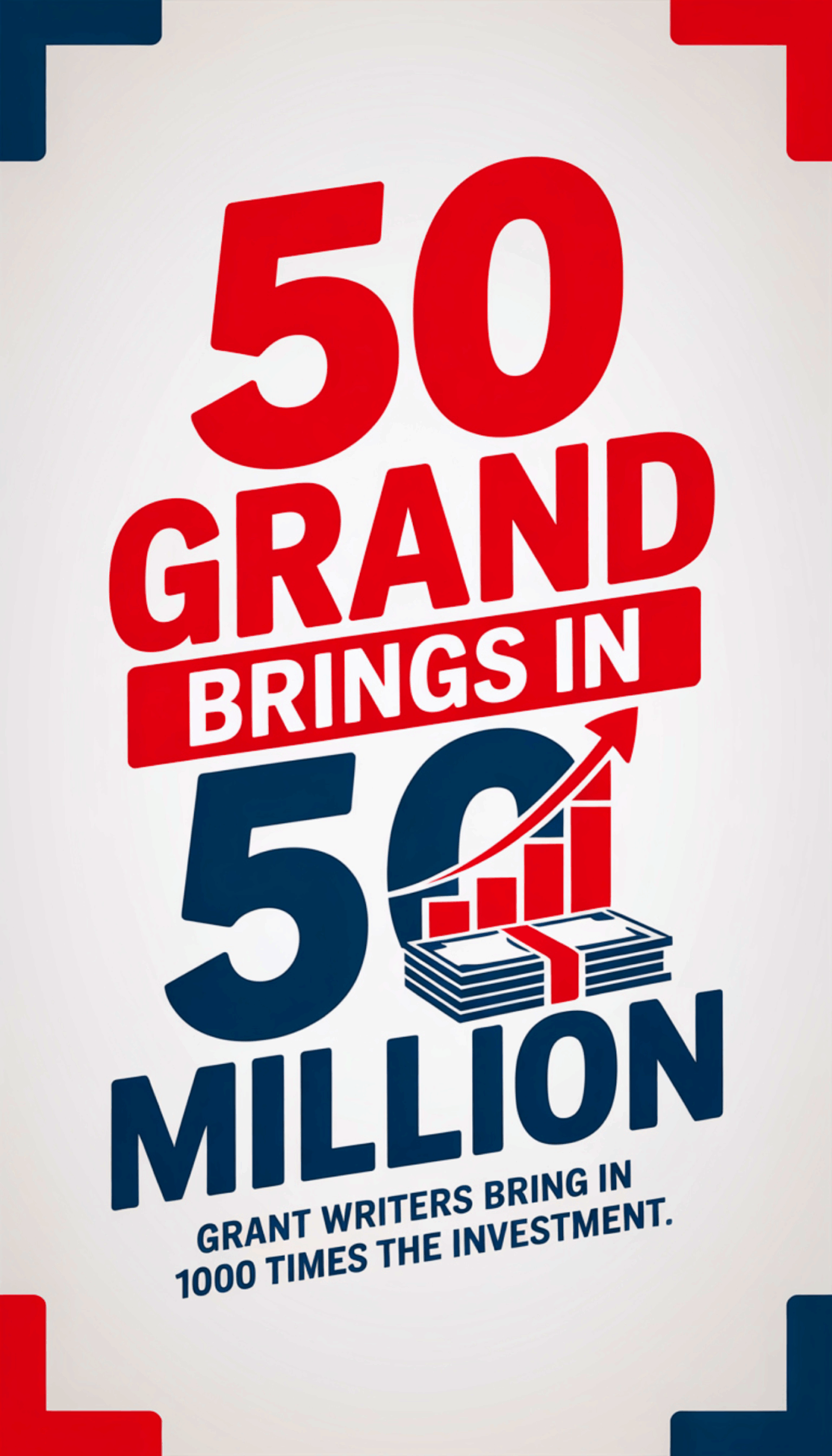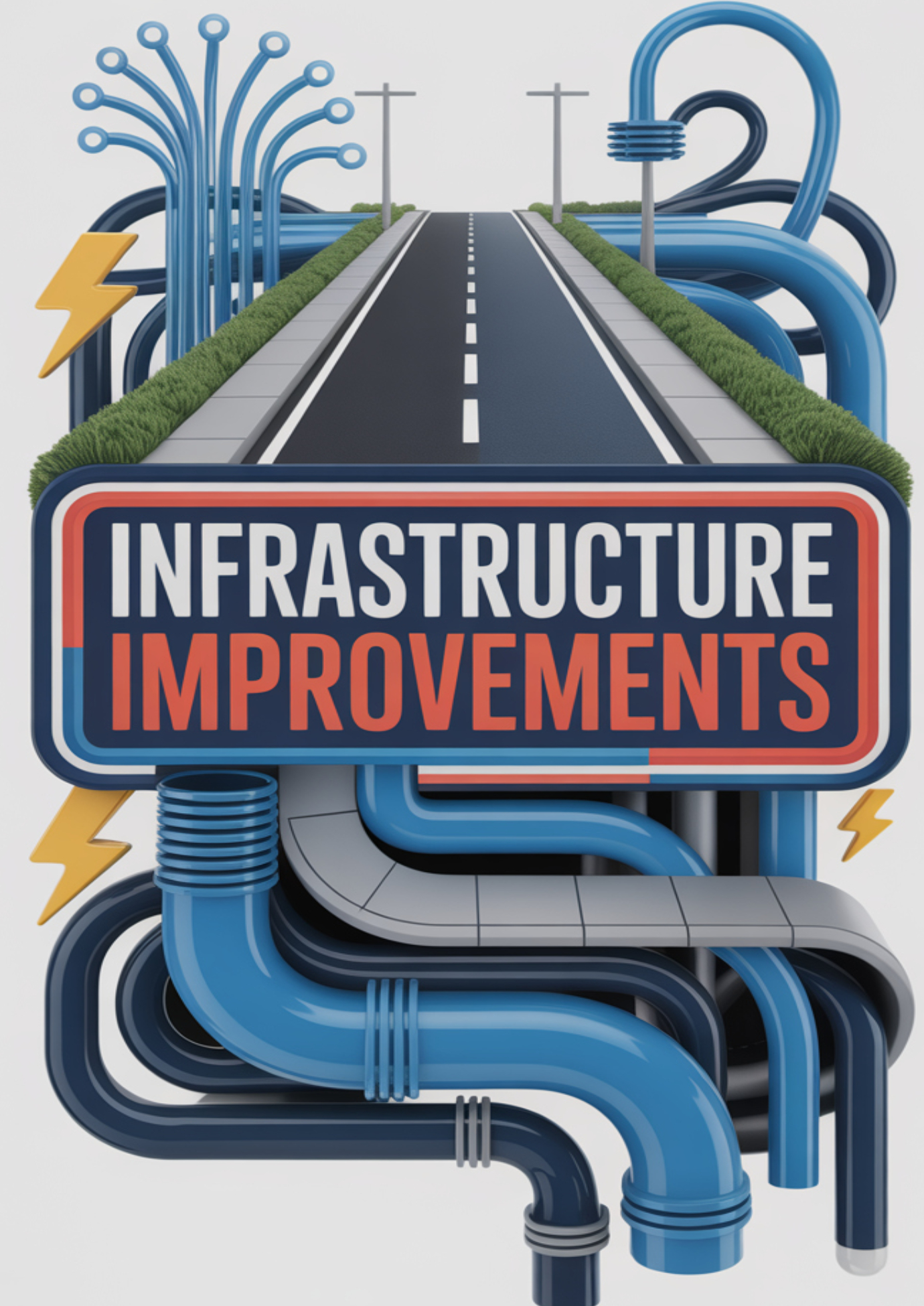Gardner has made substantial investments in its infrastructure. Some improvements were possible because of various grants. The Mayor explains Gardner’s investment in a 3rd party grant writer. How thousands became tens of millions for the City of Gardner.
Question: All right. Now, let’s talk about the big ticket decision that you made a proposal to the Gardner City Council to go and get a third-party firm to go after grants, initial budget was approved for like 60 grand, spent like 50 grand of it right away, and then you took in just a little bit of money, right?
Answer: Yes. We took in quite a little bit of money if you want to talk about it that way. We’ve taken in about $50 million since we hired grant writers for the city.
Question: All right. So you spent 50,000 and you took in only 50 million?
Answer: I think we had a great return on investment.
Question: It’s like hundreds of times the investment.
Answer: Yeah. Yeah.
Question: This does not happen.
Answer: No, but when you have the dedicated people who are there to do it, it’s night and day. And the thing is the staff here in City Hall have jobs to do, and if they’re doing their jobs correctly, they really have limited time to go out and write the extra grant applications that are there for the projects that they’re working on. They have time to oversee the projects that are there, and they have time to do the reporting for it, but the grant applications can be timely, can be cumbersome, so we’ve hired these grant writers for the city to take that off of our staff’s plate so they can focus more on the fine-tooth details of their projects and really use that as a pipeline for the project that we have moving forward. So we’ll send them the capital improvement plan, we’ll send them the projects that everyone’s working on, we’ll send them everyone’s goals to the departments, and then our grant writers go through and try to find those projects that are there and what grant applications fit those and work through those to try to get funding and make those projects a reality. And what that does is it creates new partnerships so that we have a pipeline that we can send those to. So if a department wants to see this type of project or programming or something like that happen, they say, hey, this is what we’d like to do to Keller Partners and Company, our grant writing firm down in Washington, for them to just write it and then if we get the surprise in the end, now they just have to worry about implementation, not worry about how to get there.
Question: Okay. $50 million, right?
Answer: Yeah.
Question: What’s the city’s budget in a year?
Answer: Around $80 million. Okay. $90 million, excuse me.
Question: Okay. So more than half of the city’s budget in one year, the city’s taking in a grant. So how does that help the taxpayer?
Answer: Well it gets it out of the city’s budget, that’s the thing, is that it’s not like we’re funding our city’s budget with grant funds. That makes it so that we can get to those one-time projects, we can improve our infrastructure, we can improve our capital projects, our buildings, our roads, our sidewalks, our parks, our playgrounds and everything in between. All of those things are things that we’re now able to get to, one, on a more timely basis and two, without diluting the services we offer for the city because we can keep the general fund dollars that we have going towards those services to maintain a level of service that our citizens deserve and getting to the capital projects that would normally be put on the back burner and bringing them back up to the front.
Infrastructure Improvements – from a 2023 Interview – explains water, sewer, fiber, phones
Text from the 2023 Interview on Infrastructure Improvements
Question: Let’s talk about other things that are going on, such as infrastructure upgrades. Always a challenge. When the water flows and the waste goes away, it’s literally accomplished behind the scenes. People don’t see it, but it just happens. People simply don’t know about all the infrastructure upgrades in Gardner. So what can you tell us about infrastructure, including those things people don’t see?
Answer: Well, a lot of the stuff you don’t see is because it’s underground. If you look at the amount of water pipes and sewer pipes that we’ve replaced in the last year or two years or three years in Gardner, some of those were put in when President Grant was president after the Civil War. And the fact that we have something that old in the ground still feeding our population is not responsible in my mind. There are so many things that have been updated and new technologies and things like that, but how can you expect something that old to still function with modern-day technology? And that’s why we had so many water main breaks for a little bit, is because the pipes just reached their old age. So by replacing all of those water pipes that were put in from 1866 to 1933, we made it so we now have greater water pressure in the city. We’re not losing as much water to leaks and cracks in the pipes, and it’s really made it so that we’re saving money in the long term. So now we don’t have to worry about as much on our water and sewer budgets. With that, too, there’s the infrastructure that we’re working on to get fiber-optic cable connecting all of our public buildings together. On each utility pole, there is a certain amount of space that is dedicated for municipal use. So one of the things that we’ve been doing is increasing the amount of fiber-optic cable that we have that connects all of our city buildings. What that’s been able to do is save us about $50,000 a year in phone bills that we have, because now we can connect through fiber-optic cable between our buildings rather than each building having its own phone contract. With Verizon and Comcast, it helps us on our internet costs, it helps us on our phone costs, and really what it does is it keeps our fiduciary responsibilities so we don’t have to use our taxpayer dollars to pay those bills as much as we can use them to reinvest back in the community and community projects.
The groundbreaking at the Rear Main Street Project in Downtown Gardner.



